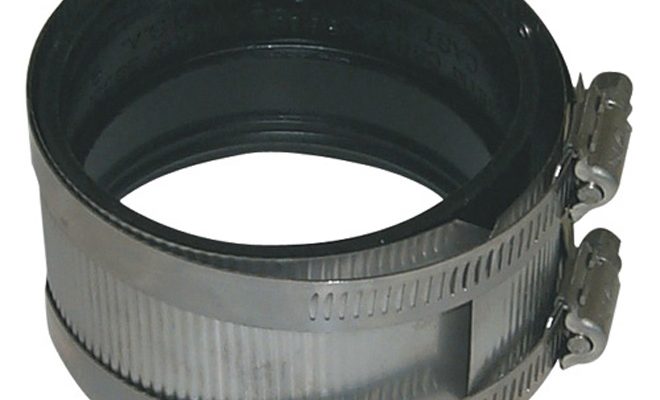
Ball joints are crucial components of a vehicle’s suspension system, responsible for connecting the control arms to the steering knuckles. Over time, these joints can wear out due to constant movement, road conditions, and general wear and tear. In this comprehensive guide, we will explore the importance of ball joint replacement, factors that affect their lifespan, signs of wear and tear, and how often you should consider replacing them. So, let’s dive in and discover everything you need to know about ball joint replacement.
- Understanding Ball Joints:
Ball joints are spherical bearings that allow for smooth movement and rotation in multiple directions. They provide flexibility and support to the suspension system, enabling the wheels to move up and down while maintaining stability and control. There are two main types of ball joints: upper and lower, each serving a specific purpose in the suspension system. - Factors Affecting Ball Joint Lifespan:
Several factors can influence the lifespan of ball joints, including:
- Driving Conditions: Frequent exposure to rough roads, potholes, and uneven surfaces can accelerate wear and tear on ball joints.
- Vehicle Type: Larger and heavier vehicles, such as trucks and SUVs, tend to exert more stress on ball joints, potentially shortening their lifespan.
- Quality of Components: The quality and durability of the ball joints themselves play a significant role in determining their longevity.
- Maintenance and Lubrication: Regular maintenance, including proper lubrication, can help extend the lifespan of ball joints.
- Signs of Worn Ball Joints:
Identifying worn ball joints is crucial to ensure your vehicle’s safety and performance. Look out for these common signs:
- Clunking or knocking noises when driving over bumps or making turns.
- Excessive vibration in the steering wheel.
- Uneven tire wear or misalignment.
- Steering instability or wandering.
- Reduced responsiveness and control.
- How Often Should You Replace Ball Joints?
The frequency of ball joint replacement varies depending on various factors. As a general guideline, it is recommended to have them inspected by a qualified mechanic during routine maintenance intervals, typically every 30,000 to 50,000 miles. However, certain signs may indicate the need for immediate replacement, regardless of mileage. Regular inspections and addressing any signs of wear promptly can prevent further damage and ensure your safety on the road. - Professional Ball Joint Replacement:
Replacing ball joints is a complex task that requires specialized knowledge and tools. It is strongly advised to have a professional mechanic perform the replacement to ensure proper installation and alignment. A qualified technician will also consider other related components, such as control arms and tie rods, to ensure a comprehensive repair.
Conclusion:
Ball joint replacement is a critical maintenance task that should not be overlooked. By understanding the importance of ball joints, recognizing signs of wear, and following recommended maintenance intervals, you can ensure the safety, performance, and longevity of your vehicle’s suspension system. Remember, regular inspections and timely replacements can save you from costly repairs and potential accidents. Stay proactive and keep your wheels rolling smoothly!

